detail profile paul hardwick
Peran Yang Di Mainkan Paul Hardwick
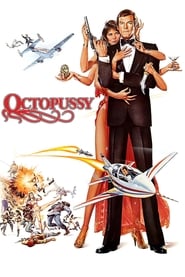 James Bond is sent to investigate...
James Bond is sent to investigate...Octopussy 1983
James Bond is sent to investigate after a fellow “00” agent is found dead with a priceless Indian Fabergé egg. Bond follows the mystery and uncovers a smuggling scandal and a Russian General who wants to provoke a new World War.
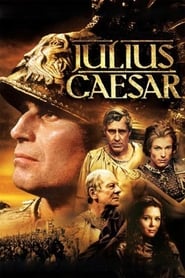 Allstar cast glamorizes this lavish 1970 remake...
Allstar cast glamorizes this lavish 1970 remake...Julius Caesar 1970
All-star cast glamorizes this lavish 1970 remake of the classic William Shakespeare play, which portrays the assassination of Julius Caesar on the Ides of March, and the resulting war between the faction led by the assassins and the faction led by Mark Anthony.
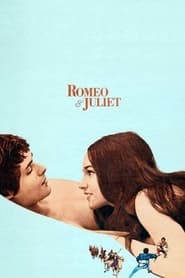 Romeo Montague and Juliet Capulet fall...
Romeo Montague and Juliet Capulet fall...Romeo and Juliet 1968
Romeo Montague and Juliet Capulet fall in love against the wishes of their feuding families. Driven by their passion, the young lovers defy their destiny and elope, only to suffer the ultimate tragedy.
 An idealistic colonial police officer is...
An idealistic colonial police officer is...The Long Duel 1967
An idealistic colonial police officer is sent to capture a rebel leader who threatens the stability of the Raj's north-west frontier. Despite his official colonial capacity, the policeman is impressed by the ingenuity and integrity of his enemy and is determined to arrest him alive rather than bring him in dead as his superiors might wish.
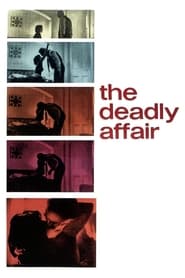 Charles Dobbs is a British secret...
Charles Dobbs is a British secret...The Deadly Affair 1967
Charles Dobbs is a British secret agent investigating the apparent suicide of Foreign Office official Samuel Fennan. Dobbs suspects that Fennan's wife, Elsa, a survivor of a Nazi Germany extermination camp, might have some clues, but other officials want Dobbs to drop the case. So Dobbs hires a retiring inspector, Mendel, to quietly make inquiries. Dobbs isn't at all sure as there are a number of anomalies that simply can't be explained away. Dobbs is also having trouble at home with his errant wife, whom he very much loves, having frequent affairs. He's also pleased to see an old friend, Dieter Frey, who he recruited after the war. With the assistance of a colleague and a retired policeman, Dobbs tries to piece together just who is the spy and who in fact assassinated Fennan.
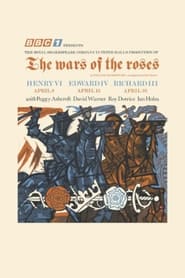 A 1965 BBC adaptation of William Shakespeares...
A 1965 BBC adaptation of William Shakespeares...The Wars of the Roses 1965
A 1965 BBC adaptation of William Shakespeare's first historical tetralogy (1 Henry VI, 2 Henry VI, 3 Henry VI and Richard III), which deals with the conflict between the House of Lancaster and the House of York over the throne of England, a conflict known as the Wars of the Roses. It was based on the 1963 theatre adaptation by John Barton, and directed by Peter Hall for the Royal Shakespeare Company.
 Madame Ranevsky and her daughter Anya...
Madame Ranevsky and her daughter Anya...The Cherry Orchard 1962
Madame Ranevsky and her daughter Anya return home from Paris to find that their beloved family estate and cherry orchard are to be auctioned off to pay debts. Lopahin, a former serf on the estate who is now a wealthy landowner, proposes razing the home and cherry orchard and dividing the estate into plots that could be leased at great profit. The family, however, continues to hold out hope that their beloved home can somehow be saved from destruction.
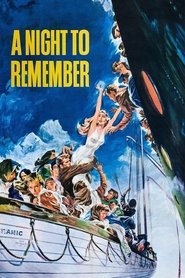 The sinking of the Titanic is...
The sinking of the Titanic is...A Night to Remember 1958
The sinking of the Titanic is presented in a highly realistic fashion in this tense British drama. The disaster is portrayed largely from the perspective of the ocean liner's second officer, Charles Lightoller. Despite numerous warnings about ice, the ship sails on, with Capt. Edward John Smith keeping it going at a steady clip. When the doomed vessel finally hits an iceberg, the crew and passengers discover that they lack enough lifeboats, and tragedy follows.
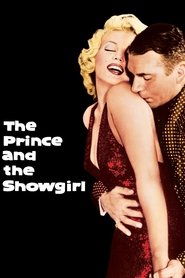 An American showgirl becomes entangled in...
An American showgirl becomes entangled in...The Prince and the Showgirl 1957
An American showgirl becomes entangled in political intrigue when the Prince Regent of a foreign country attempts to seduce her.

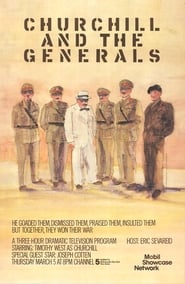 The complicated relationship between Winston Churchill...
The complicated relationship between Winston Churchill... After a suicide attempt John Rainbird...
After a suicide attempt John Rainbird...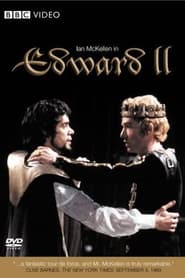 The reign of Edward II King...
The reign of Edward II King...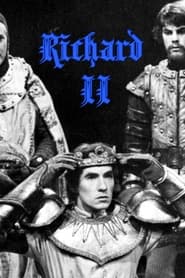 The Tragedy of King Richard II...
The Tragedy of King Richard II...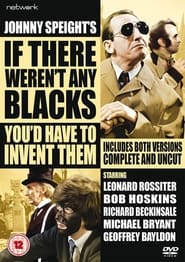 Set in a cemetery the film...
Set in a cemetery the film...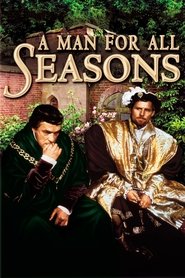 A depiction of the conflict between...
A depiction of the conflict between...